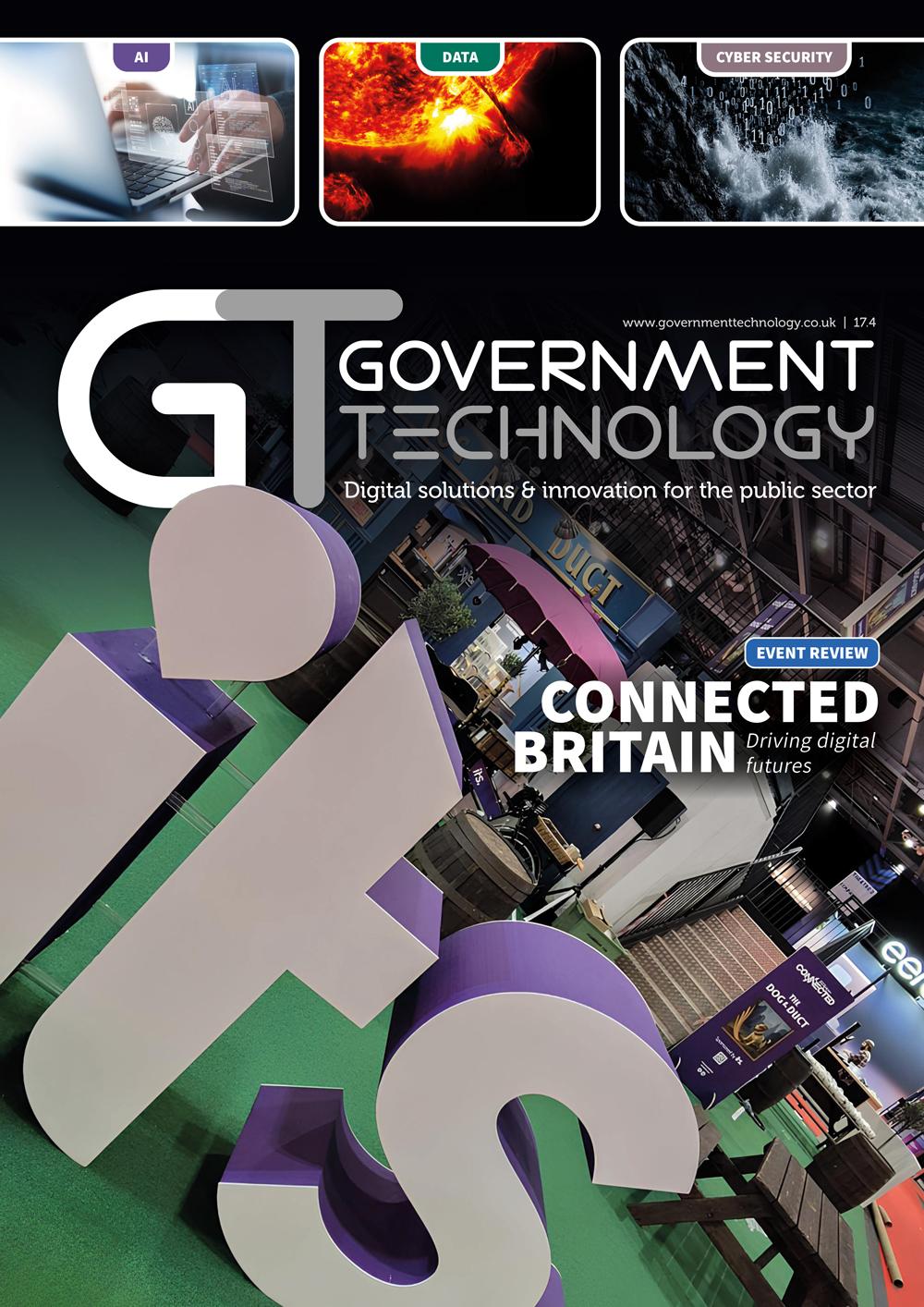The data, obtained from FOI requests submitted to seven UK city councils and Transport for London (TfL), shows wide disparities in the percentage of electric vehicles in local authority fleets.
Bristol leads the way, with EVs making up 44.5% of its vehicle fleet, while Liverpool follows closely behind with 43.3%. Leeds ranked third (27.8%), followed by Manchester (26.8%) and Glasgow (25.8%). Data revealed by Transport for London revealed a stark contrast, with just 3.2% of its fleet of HGVs and vans being electric, showing a wide variation in the share of EVs across the major cities.
The Geotab analysis highlighted that no city councils reported any use of fuel-cell electric vehicles in their fleets, while plug-in hybrid electric vehicles made up less than 1% of all city fleets. Liverpool reported the highest uptake of hybrid-electric vehicles (29.5%), followed by Bristol (20%).
The research shows that while some cities are keeping pace with the electrification rollout, others are moving more slowly, despite the UK’s ban on new petrol and diesel vans looming. The uneven progression risks creating an electrification divide, leading to implications for climate targets, air quality and public service delivery.
A study by Geotab in 2024 - Taking Charge - On the road to the EV future - reviewed how EVs can transform fleets, using data from more than 1.3m vehicles. The report showed that over a projected 7-year lifespan of a vehicle, the savings on switching from an internal combustion engine (ICE) to an EV could potentially save an average of over £10,000 per vehicle. The research revealed by the FOI requests suggests that some fleets are not only falling behind on their climate goals by delaying the transition, but they may also be missing out on substantial financial benefits.
Commenting on the analysis, Aaron Jarvis, Associate Vice President for Geotab EMEA said: “Electrifying fleets at scale can be a difficult challenge, especially for city councils that will need to ensure they have the necessary charging infrastructure in place to support these vehicles. Progress across the board is uneven, and many fleets will risk falling short of the targets needed to decarbonise urban city transport.
“That said, it’s positive to see some of the early movers in the UK setting the benchmark for what’s possible as we make the transition to net zero. We’re seeing more fleets adopt data-driven fleet management, which is an encouraging sign that operators are placing high priority on the transition to net zero. Tools like fleet telematics can make the difference in optimising route planning, performance monitoring and cutting unnecessary emissions from practices like idling.
“The key isn’t aiming for 100% EV overnight, but taking pragmatic, data-driven steps: identifying which vehicles to electrify first, optimising routes and reducing unnecessary emissions. Combining these insights with a clear commitment to electrification will allow councils to make faster, smarter progress, while supporting the last-mile transition in dense urban areas”.

